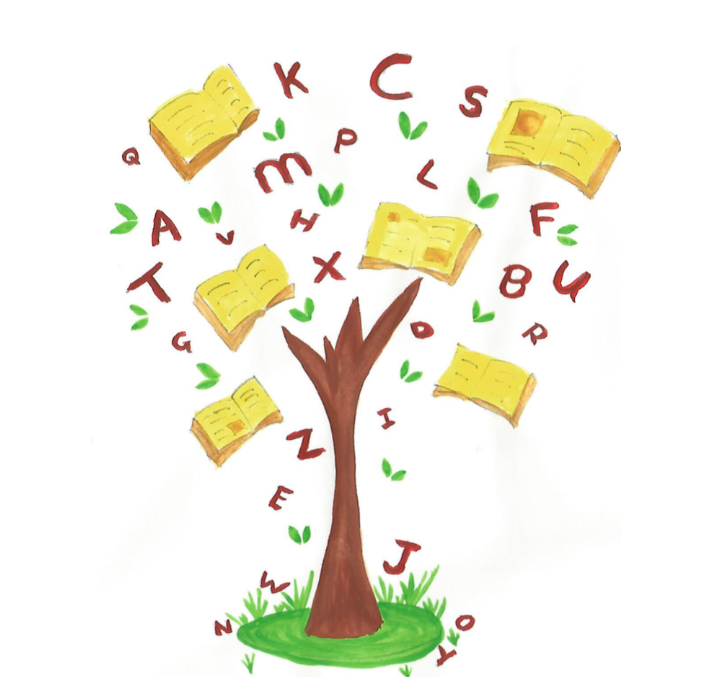6 Speech and Language Therapy Terms explained.
As speech and language therapists, we should have excellent communication skills right?!?
Unfortunately it isn’t always the way, particularly when it comes to our terminology. If you have ever read any kind of medical report you will know exactly what I am talking about!
A lot of this is to do with the ‘medical model’ of care that we tend to use in healthcare. Diagnosing a ‘condition’ and recommending a treatment plan to ‘remedy the problem’. I am sure you can tell by my use of quotation marks here that I feel conflicted about this way of looking at things.
On one hand, I question whether we should really be diagnosing ‘conditions’ or ‘problems’ in out speech and language clients? Would it not be better to consider these as differences to be celebrated and supported?
On the other hand, as someone with a medical condition (IBS), I do not want anyone to celebrate the fact that I can’t eat onion, garlic or drink a lot of dairy without experiencing a lot of pain. I just want someone to ‘fix it’ for me!
I suspect a lot of parents fall in the middle of this experience also. Let’s celebrate the amazing things about your little one, and let’s work on and support the stuff that is hard for them. Let’s educate others around them to help build a more inclusive world whilst helping the little one themselves with the things that could make life more challenging. (Perhaps this topic is a blog post for another day!)
Until we work this out as a profession, here are some terms that you may come across and here is what they mean…
Speech vs. language: Speech refers to the sounds we make where as language refers to the words, grammar and sentence structures we understand and use.
Delay: When we describe a child as having a delay we mean that they are following the ‘typical’ developmental sequence but a bit behind where we would expect them to for their age (if you think about this in terms of motor skills that would be, crawling, walking, running).
Disorder: When we describe a child as having a speech or language disorder this means that a child is doing things outside of the ‘typical’ developmental sequence (if we use the motor example again that might mean they are crawling, forward rolling, backwards rolling and not yet walking or running).
Social communication difficulties: This phrase refers to a child finding the social use of language or non-verbal social skills (e.g. turn taking, eye contact, facial expression) difficult.
Phonological processes: These are typical speech error patterns that we expect to see as children are learning to talk (e.g. saying “tat” for “cat”).
Articulation: the movements of the mouth that make speech sounds.
